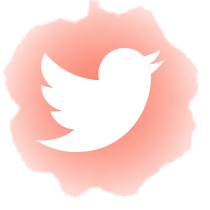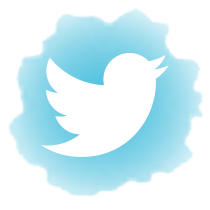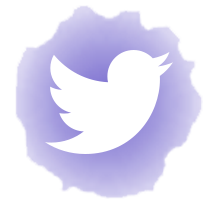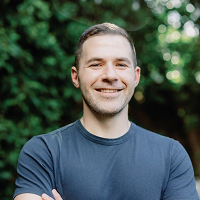Chloe Madeley
Productivity Tip:
Try Emotional Scheduling
Ever tried doing creative work when you’re agitated, or dull, repetitive tasks when you’re super energized and excited? Not the best match, is it?
Truth is, certain tasks are suited to certain emotional states. And honoring this can help you work smarter.
For example, if you’re feeling anxious or restless, focus on small, repetitive tasks that create a sense of control—like organizing emails or checking off simple to-do items. When you’re feeling relaxed or positive, tackle creative tasks like writing or brainstorming.
Of course, it’s not always possible to be flexible with your work schedule. But when you can, align your emotional state with the nature of your tasks, and you’ll find yourself in a better flow.
Routine Breakdown
Chloe Madeley, Personal Trainer, Best-Selling Author & TV Personality
How a Personal Trainer Balances Fitness and Family

Chloe Madeley’s mornings revolve around balancing her health goals with the needs of her young family. Here’s how she keeps things simple and effective:
The Routine:
- Toddler alarm clock. “My toddler wakes me up every morning around 7am. After some duvet time with her, I put my watch on to track my steps that day, and we make our way downstairs.”
- Takes supplements. Takes a Symprove liquid probiotic followed by creatine, Omega 3, and Vitamin D.
- Has a healthy breakfast. “I always include fruit or vegetables in my breakfast—like a protein shake with a piece of fruit or a veggie-packed omelet. I go for wholegrains for more fiber and nutrients.”
- Hits the gym—or adapts. “After breakfast, and as soon as my nanny arrives, I’m off to the gym. On days without childcare, I do a quick full-body workout at home while my daughter naps, followed by a long walk together.”
Why it works:
- Bonding time is crucial for all members of the family. Plus, snuggles have proven health benefits!
- Probiotics have been shown to improve gut health, reduce inflammation, and more. The benefits of supplements vary depending on the individual—always ask your doctor before starting any new ones.
- Eating a protein and fiber packed breakfast is scientifically proven to keep you fuller longer and prevent blood sugar spikes.
- Adaptability with workouts means exercise always fits into Chloe’s schedule, even with childcare challenges.
What’s on your plate this morning? Do you prioritize getting enough protein and fiber? Here are 20 more high-protein, high-fiber breakfast ideas if you need inspiration on what to make tomorrow!
















